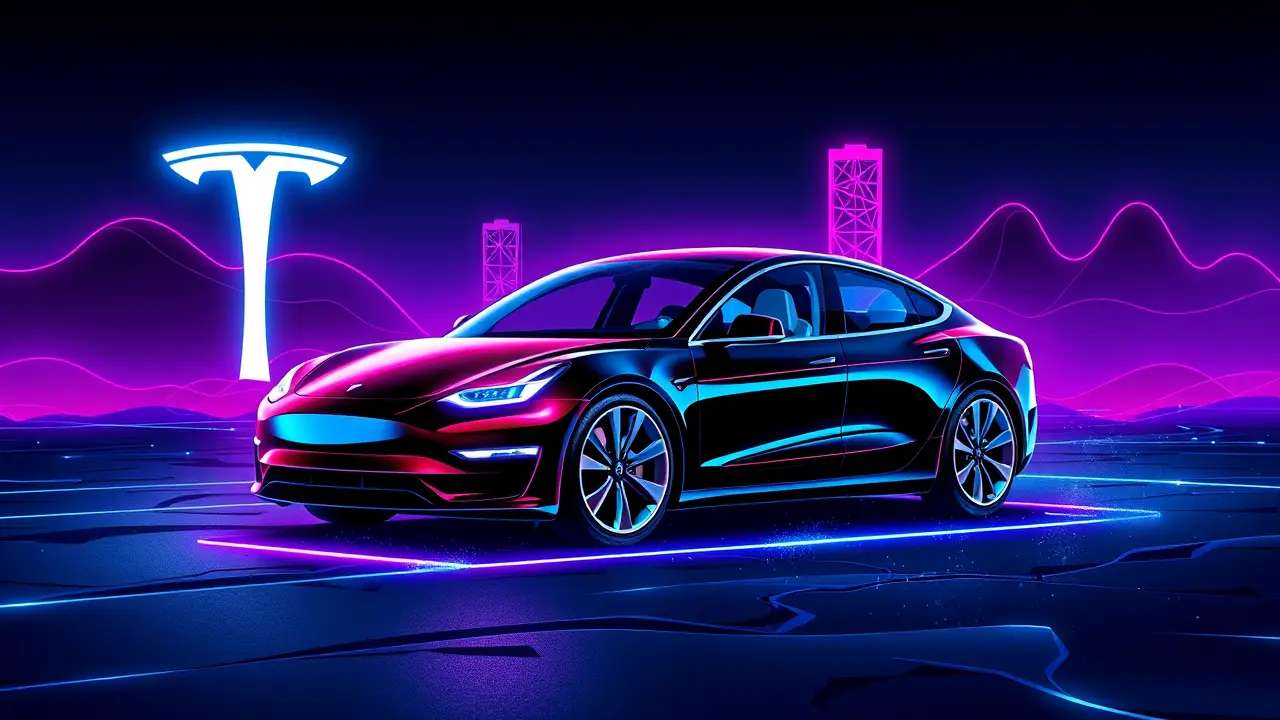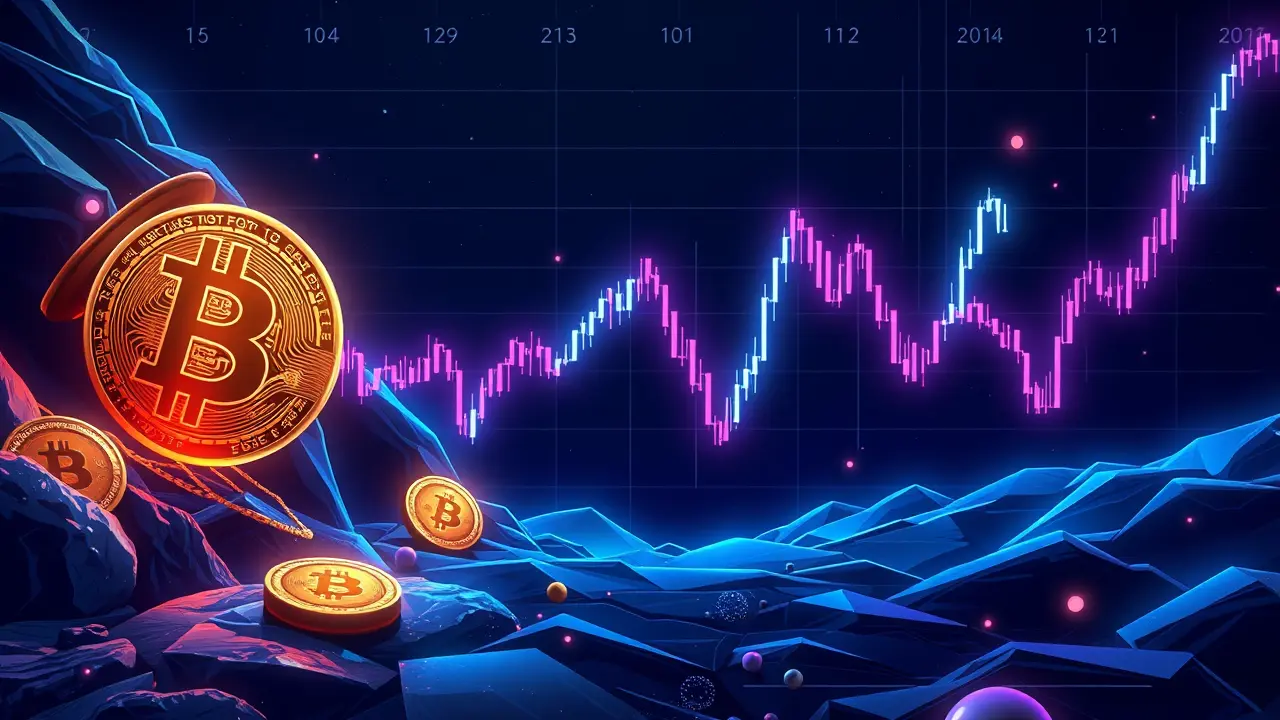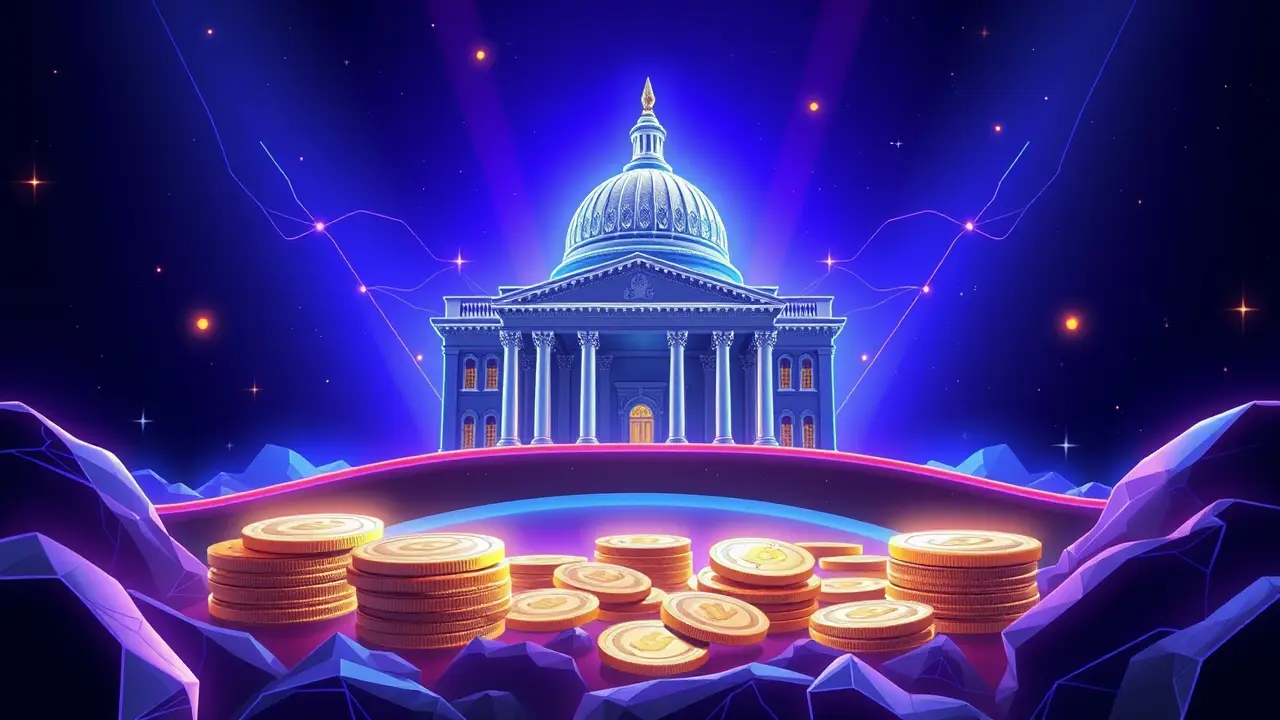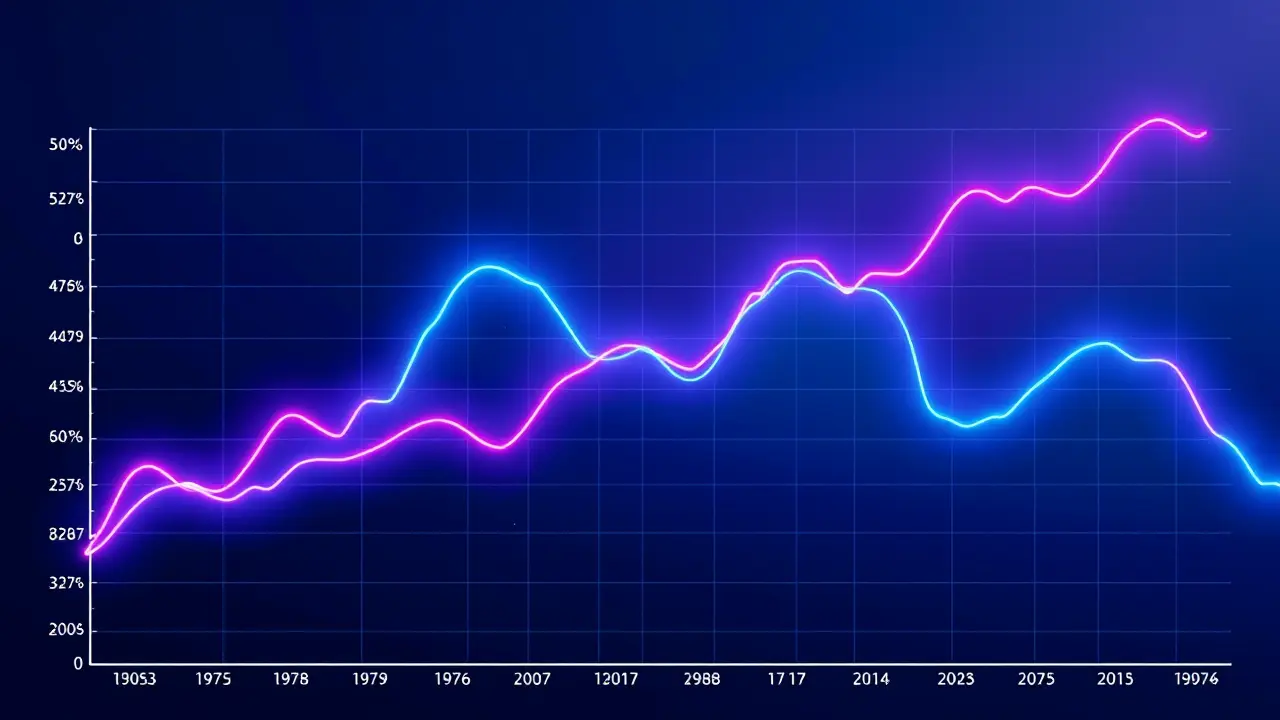
FinancestocksTech Stocks
Tesla Sales Drop in Europe and China Amid Investor Decision
OL
Oliver Scott
7 hours ago7 min read
The tremors emanating from Tesla's recent sales figures in Europe and China represent far more than a quarterly blip; they are a critical stress test for a corporate empire built on the cult of personality and disruptive promise, arriving at the precise moment its architect stands to achieve a financial stratosphere previously reserved for sovereign wealth. This isn't merely a story of delivery numbers missing targets; it's a high-stakes geopolitical and market drama where the narrative of invincibility surrounding Elon Musk collides with the hard realities of intensifying global competition and shifting consumer sentiment.In China, the world's largest electric vehicle market, Tesla's fortress is being besieged by a phalanx of nimble, technologically adept domestic champions like BYD, Nio, and Xpeng. These companies aren't just competing on price—though their aggressive cost-cutting is a significant factor—but are out-innovating Tesla in areas crucial to local consumers, from superior battery technology and longer range to interior appointments and infotainment systems seamlessly integrated with the Chinese digital ecosystem.The Chinese government's long-standing strategic push for EV dominance has created a fertile, yet fiercely protected, battlefield where local players enjoy inherent advantages, from supply chain control to favorable regulatory treatment, making it an increasingly hostile environment for even the most established foreign automaker. Simultaneously, in Europe, a market with its own deep-rooted automotive traditions and a thicket of regulatory frameworks, Tesla faces a different set of challenges.Legacy manufacturers like Volkswagen, Stellantis, and BMW have finally marshaled their immense resources, pivoting their colossal manufacturing and engineering prowess toward an all-electric future with a speed that has caught many off guard. The result is a crowded showroom where consumers are presented with a plethora of compelling alternatives, from the Volkswagen ID series to the BMW i4, eroding Tesla's first-mover advantage.Compounding these market pressures are the persistent logistical headaches and production bottlenecks at Tesla's new Gigafactory in Berlin, which, while a strategic necessity, has yet to achieve the scale and efficiency needed to fend off this multi-front assault. The timing of this sales contraction could not be more precarious, unfolding against the backdrop of a seminal investor vote on Musk's unprecedented $56 billion compensation package—a package that, if approved, would catapult his net worth toward the trillion-dollar mark, a valuation tethered not to current profitability but to future, almost mythological, growth projections.This creates a profound cognitive dissonance for investors: do they reward the visionary who promised a sustainable energy revolution and delivered the first truly mass-market EV, effectively betting that the current sales slump is a temporary anomaly in a long-term trajectory of world domination? Or do they see these European and Chinese numbers as the first cracks in the facade, signaling that Tesla's peak growth may be in the rearview mirror and that Musk's attention is dangerously divided across his portfolio of companies, from SpaceX to xAI and the social media quagmire of X? The risk calculus here is immense. A rejection of the package could be interpreted as a vote of no confidence, potentially triggering a leadership crisis and a sell-off as markets grapple with the prospect of a demotivated or even departing Musk.Conversely, its approval amid declining core business performance sets a dangerous precedent, divorcing executive compensation from operational results and anchoring Tesla's valuation in a speculative future that grows increasingly uncertain with every market share point ceded to rivals. The situation demands scenario planning for multiple, volatile outcomes: a sustained price war that erodes industry-wide margins, potential trade tariffs that further complicate the global supply chain, and the ever-present wild card of regulatory shifts in key markets. The decision facing Tesla's investors is not merely a financial one; it is a referendum on whether the company's past glories are a reliable proxy for its future in an automotive landscape that is no longer theirs to conquer alone.
#Tesla
#sales decline
#European market
#Chinese market
#Elon Musk
#investor vote
#featured
Stay Informed. Act Smarter.
Get weekly highlights, major headlines, and expert insights — then put your knowledge to work in our live prediction markets.
Related News
© 2025 Outpoll Service LTD. All rights reserved.














